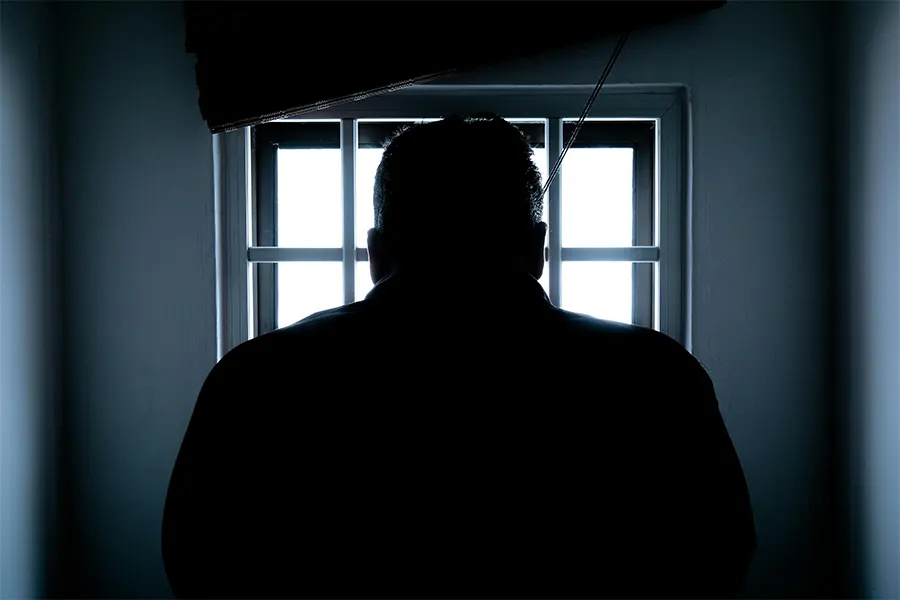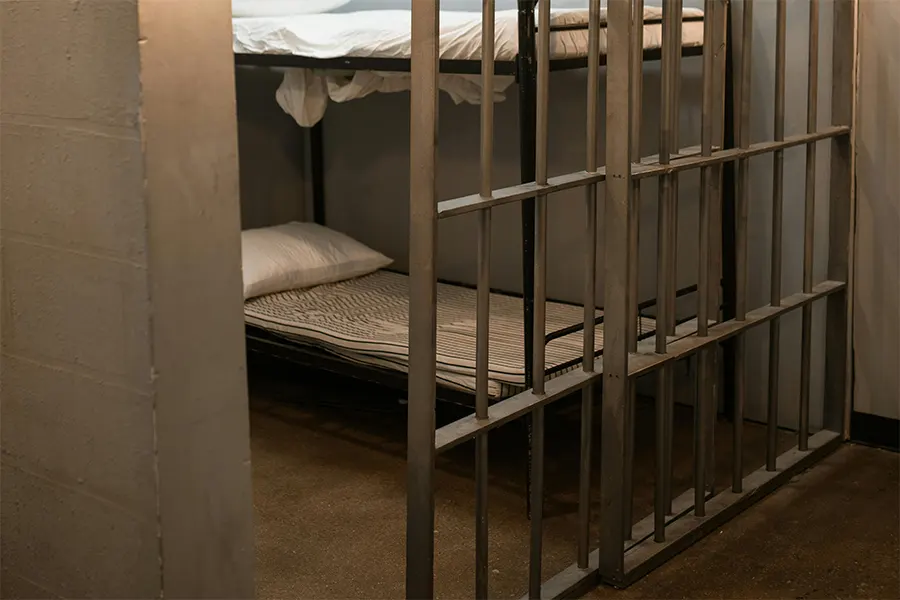The topic of hygiene and its connection to daily life is as old as society itself. However, within the peculiar ecosystem of a prison, where personal space is limited and living conditions are often subpar, the impact of cleanliness takes on a much more profound role.
For inmates, the question is not just about keeping clean; it’s about the psychological effects of dirt, decay, and disorder in an already restrictive setting. This article aims to explore why cleanliness should be at the forefront of prison reform efforts and how it can positively impact the lives of the incarcerated.
Physical and Mental Health Benefits on Inmates Mood
Inadequate cleanliness and poor sanitation can lead to a myriad of health issues. Skin infections, respiratory complications, and other ailments are more likely to occur in unhygienic conditions. Addressing these concerns through a focus on hygiene not only decreases the incidence of these health problems but also alleviates the psychological burden that accompanies them.

Reduction of Stress and Anxiety Levels a Result of the Impact of Cleanliness
The act of cleaning and the subsequent orderly environment can provide a degree of control and predictability in a chaotic and unpredictable prison life. Inmates who participate in or benefit from a clean living space often report lower levels of stress, which can lead to reduced instances of aggressive behavior and likely contribute to a generally safer environment for both inmates and prison staff.
A clean environment also reinforces the inherent dignity and self-worth of individuals locked up. In maintaining their living quarters, inmates are enabled to assert a degree of individualism and independence, thereby helping to preserve their sense of self in an otherwise dehumanizing experience.
Impact of Cleanliness and Maintenance Challenges
Despite the clear advantages of clean living space, many prisons face significant hurdles in their efforts to maintain sanitation due to limited resources, staffing issues, and often outdated institutional policies that neglect to prioritize cleanliness. Funding for cleaning supplies and staff training is often scarce. This leads to compromises in the quality and frequency of cleaning services, leaving facilities and inmates at risk of substandard living conditions.
A clean living space can do more than simply maintain physical health—it can vastly improve the mental state and overall mood of incarcerated individuals. In a clean environment, inmates report feeling happier, less isolated, and more in control of their circumstances. This rise in mood can lead to better mental health management and a more positive approach to rehabilitation.
Enhanced Social Interactions
Cleanliness fosters an environment where inmates are more likely to invite others in, whether for socializing or engaging in rehabilitative activities. Social interactions are vital to an inmate’s psychological health, and a clean, hospitable space encourages such connections.
Combining hygiene initiatives with mental health support programs can result in a more holistic approach to inmate well-being. Addressing stress and anxiety through counseling and therapy can be complemented by the sense of calm that a clean environment provides. Read more about prisons and health.
Impact of Cleanliness Can Influence Rehabilitation
A sanitary prison environment is conducive to the implementation of rehabilitation and reintegration programs. Inmates mood in a better mental and emotional state are more likely to engage effectively with such initiatives, leading to improved outcomes post-release.
The topic of cleanliness in prisons is a reflection of our collective approach to human dignity. The standard we set for the sanitation of correctional facilities communicates our priorities on rehabilitation, health, and the very humanity of those within their walls.
By recognizing the profound influence that cleanliness can have on the mood and mental health of inmates, we are compelled to take action. This may involve lobbying for better resources, volunteering to improve conditions, or simply educating others on the issue.



